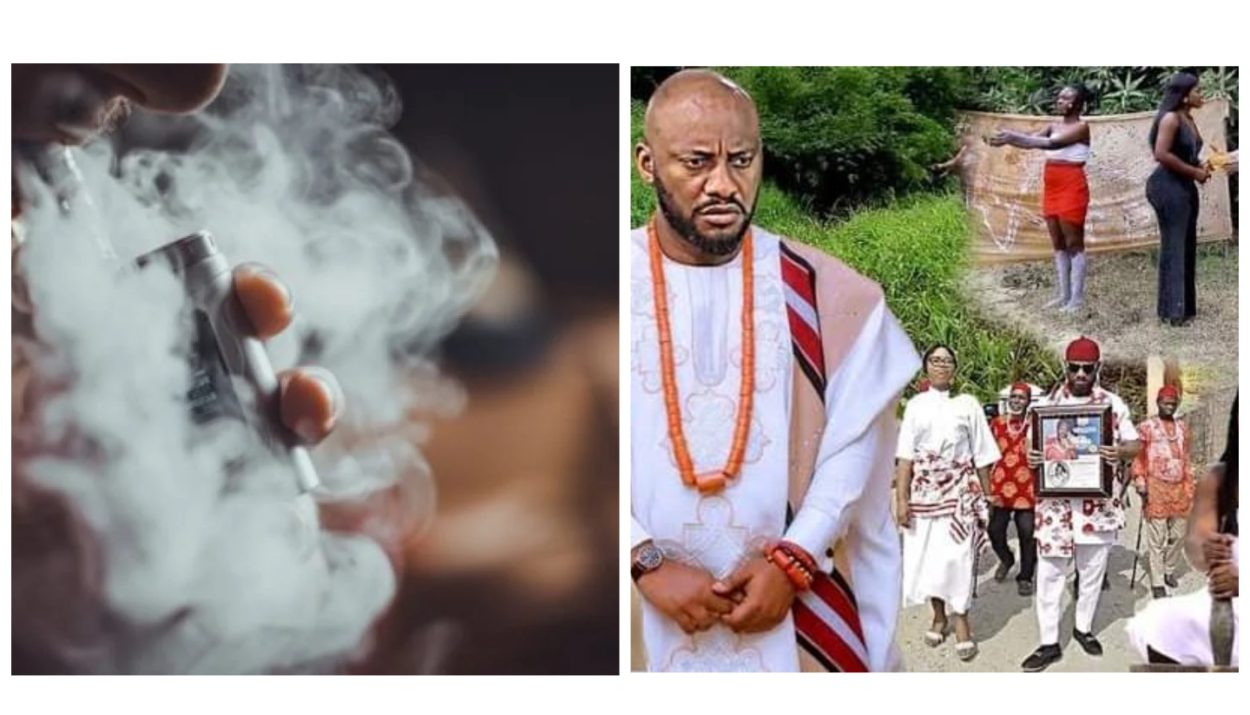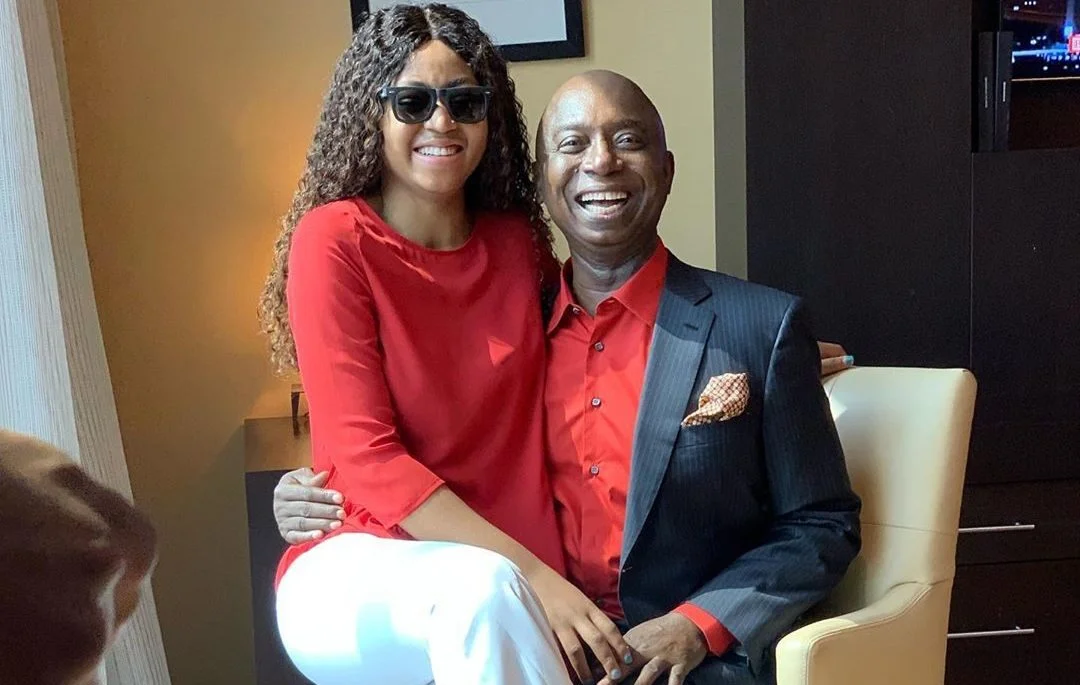The Federal Government’s recent prohibition on depicting money rituals, ritual killings, and smoking in Nigerian films has sparked mixed reactions among Nollywood stakeholders. Announced by Dr. Shaibu Husseini, Executive Director of the National Film and Video Censors Board (NFVCB), the regulation aims to curb the glamorization of these vices in the film industry. The decision, made official by the Minister of Arts, Culture, and Creative Economy, Hannatu Musawa, has stirred mixed reactions from filmmakers, actors, and industry leaders.
Veteran actor Bob Manuel Udokwu clarified that the regulation is not an outright ban but a measure to prevent inadvertent promotion of harmful practices. “The NFVCB wants to ensure films do not glamorize smoking and ritual acts,” he explained. Udokwu emphasized that these scenes can still be included when crucial for storytelling, such as in documentaries or true-life adaptations. “The aim is to create dignified content for all audience categories,” he added.
Conversely, actress Jennifer Obodo criticized the government’s focus on Nollywood amid pressing national issues. “If the government wants to ban smoking, they should start with banning cigarettes, not movies,” she argued. Obodo highlighted that movies are a form of storytelling and questioned the government’s priorities, pointing out more urgent concerns like high living costs and infrastructure problems.
Ngozi Eze Evuka, another Nollywood actress, opposed the ban, stressing that movies educate and entertain rather than corrupt viewers. She warned that banning ritual and smoking scenes could lead to further censorship of other themes. “If we start with these bans, what’s next? Witchcraft? Native doctor acts? This approach limits creative expression,” she noted.
Filmmaker Nnaemeka Charles Eze (Nani Boi) shared similar sentiments, suggesting the government should prioritize more pressing issues. “Our movies often depict real-life stories, including the consequences of evil acts. Banning these scenes overlooks the educational messages they convey,” he said. Eze proposed a regulatory body to ensure movies meet expectations without compromising artistic integrity.
However, some see the ban as a positive step. Nelson Bright, a Nollywood producer, believes it could help combat human trafficking and illegal organ harvesting. “Ritual killings for money are baseless; highlighting this could deter such practices,” he remarked. Bright acknowledged that while the ban might stifle creativity, it could also protect vulnerable populations from harmful influences.
Don Sylvester Nweke, CEO of Don Sylvester Records, argued that censoring these themes would dull the industry’s vibrancy. “Films should reflect societal realities, including the negative consequences of smoking and rituals,” he said. Nweke suggested ensuring that films depict the punishment of such acts to serve as a deterrent, rather than banning them outright.
The debate over the NFVCB’s regulation underscores a broader conversation about artistic freedom and societal responsibility. As Nollywood continues to grow and gain international recognition, balancing these elements will be crucial in shaping the future of Nigerian cinema.







2 Comments